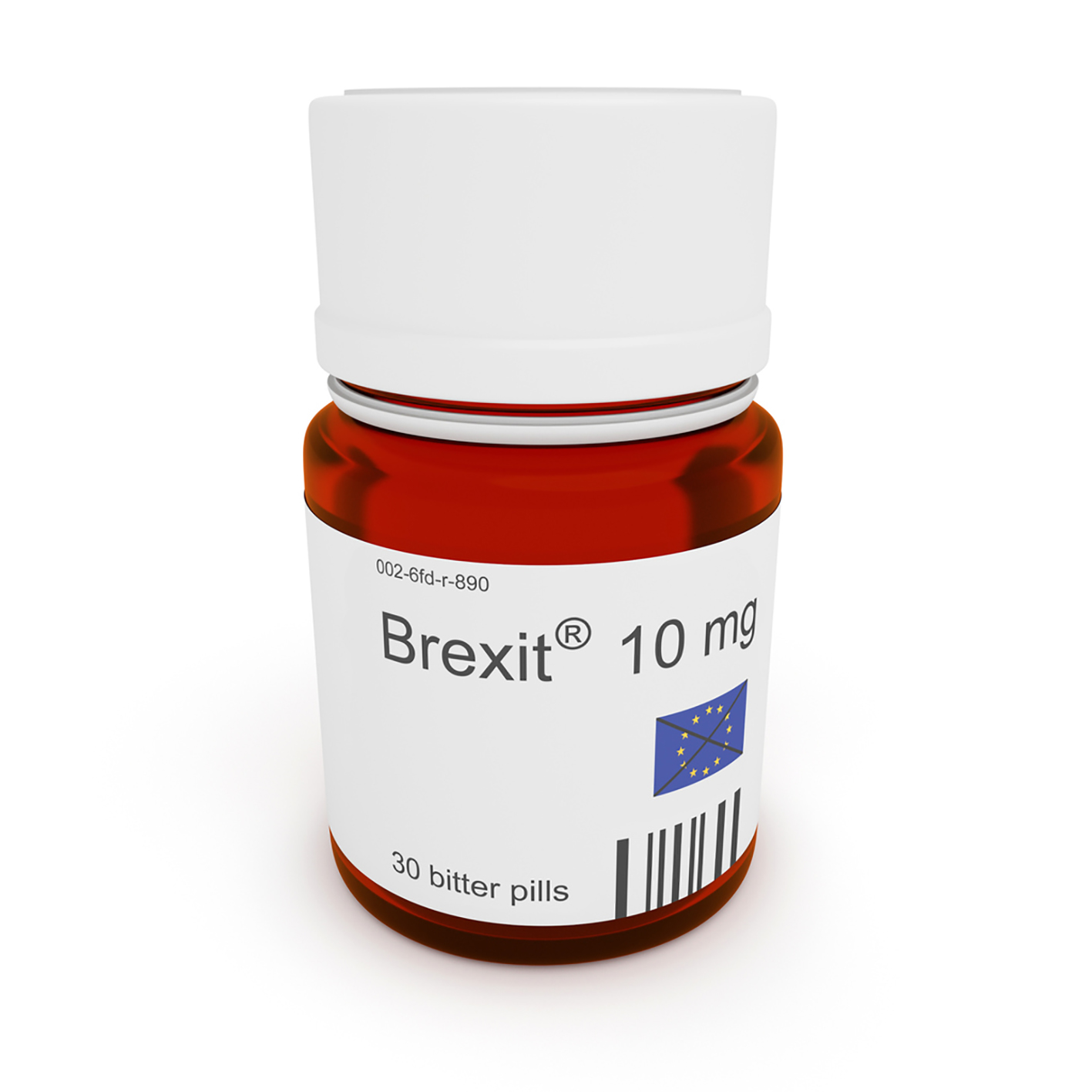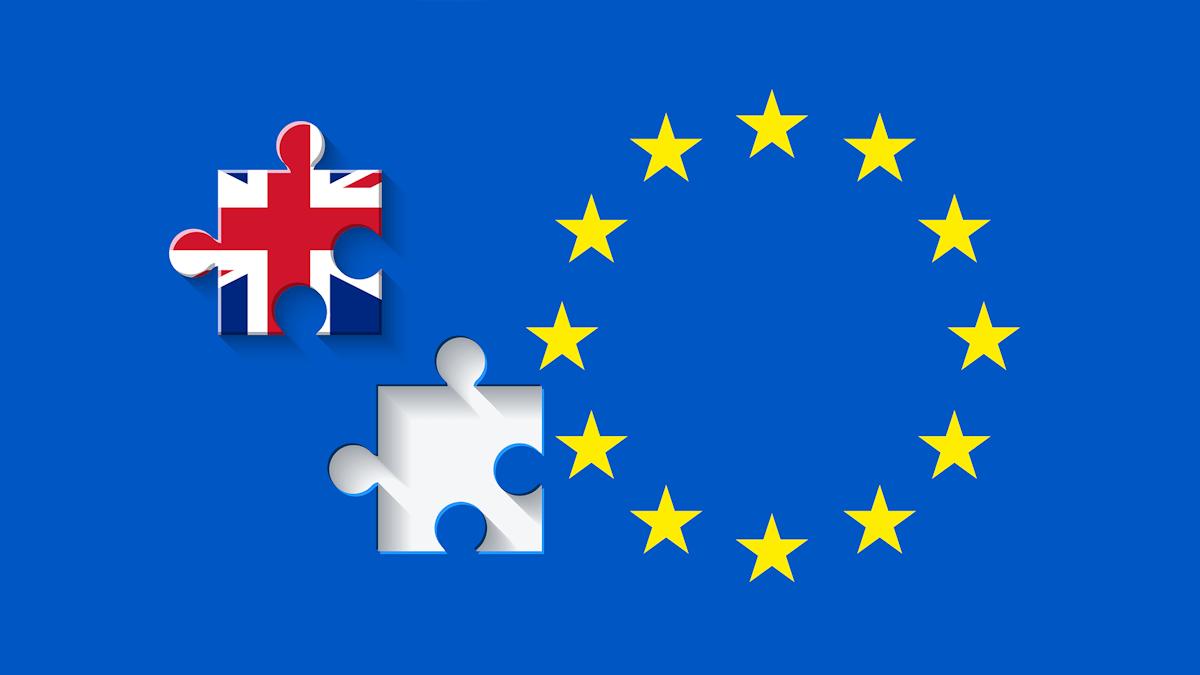British biotechs look to Switzerland for clues to post-Brexit success

Theresa May yesterday signed the letter that will formally begin the UK’s departure from the European Union, starting a process which will eventually make clear how the country will trade with the EU and the rest of the world.
Since the Brexit vote last summer, the UK life sciences sector have been seeking answers as how it can trade and collaborate with Europe, and continue to flourish as a centre for science and innovation.
Amid all the complexities, drug regulation, trade arrangements, R&D collaboration and regulation, and retaining an international workforce are at the top of the sector's list of priorities.
Concrete answers to these burning questions could take two years or longer to emerge from the EU-UK negotiations, and in the meantime, UK biotech wants to get ahead of the curve.
A non-EU, European life sciences powerhouse
One country with obvious parallels with a post-Brexit Britain, especially in life sciences, is Switzerland. Now the UK BioIndustry Association (BIA) is leading a delegation to see if it can garner any useful clues to its own future from the country.
Switzerland is definitely a success story in pharma terms – having two global giants Novartis and Roche in Basel, and attracting much foreign pharma and biotech investment because of its low tax base.
This clearly makes the country the most obvious model for a post-Brexit life sciences sector – with many believing that the UK can thrive outside the EU just as Switzerland does.
The BIA says the delegation is a “discovery trip” and to understand better how Switzerland works with Europe but outside of the European Union, and also to forge new relationships and explore potential opportunities.
Alongside BIA member companies, the delegation will include representatives from the Office for Life Sciences (OLS) and the MHRA.
The OLS, led by business minister Lord Prior, is in charge of putting together a post-Brexit industrial strategy for the life sciences sector.
Crucial to this is how the UK will approve and regulate drugs. While the European Medicines Agency looks almost certain to leave London, it’s not clear whether or not the UK must sever all links with its pan-European marketing authorisation system.
UK pharma and biotech have made it clear they want to remain part of this club –as they fear it could see the UK de-prioritised as a launch market for new drugs.
However the government is having to consider the MHRA as a standalone regulator – and Switzerland’s successful Swissmedic could provide a model of sorts.
Switzerland does, however, has a very different political system to the UK – it uses a decentralised system based on its 26 cantons, which have some autonomy over issues such as regulation and taxes.
Its relations with the EU have shown, however, that Brussels has been able to dictate terms of their bilateral trade deals. This includes it insisting that these can only remain if the free movement of people between the countries is also retained.
[caption id="attachment_20555" align="alignnone" width="288"] BIA chief executive Steve Bates[/caption]
BIA chief executive Steve Bates[/caption]
Chief executive of the BIA, Steve Bates, said:“The UK and Switzerland make up a significant proportion of Life Sciences activity in the EU, and there are many unexplored opportunities for collaboration and mutual learning. At this time of Brexit, it’s important that the UK takes a positive outlook towards the future of the sector in the UK and how we will continue to work with Europe.
The BIA says the sector in Switzerland will help it learn lessons that could help support the negotiations process over the next two years.
The delegation will explore some key issues for the sector, including Switzerland's tax incentives and their impact on biotech investment in Switzerland.
They will also visit the tech transfer office at ETH University in Zurich where they will learn different perspectives on how the support for commercialisation of research from representatives of Swiss academia and industry.
UK representatives will meet a cross section of Swiss companies from SME’s such as Zurich-based NeurImmune, to larger organisations Biogen, Shire and Novartis - where they will meet experts from regulatory affairs, strategy and innovation and venture funding on a tour of the Novartis campus in Basel.
The BIA says it has already established links with Canada to explore closer working. However any formal bilateral trade deals with non-EU countries cannot be agreed by the UK until it has reached a deal with the EU.












